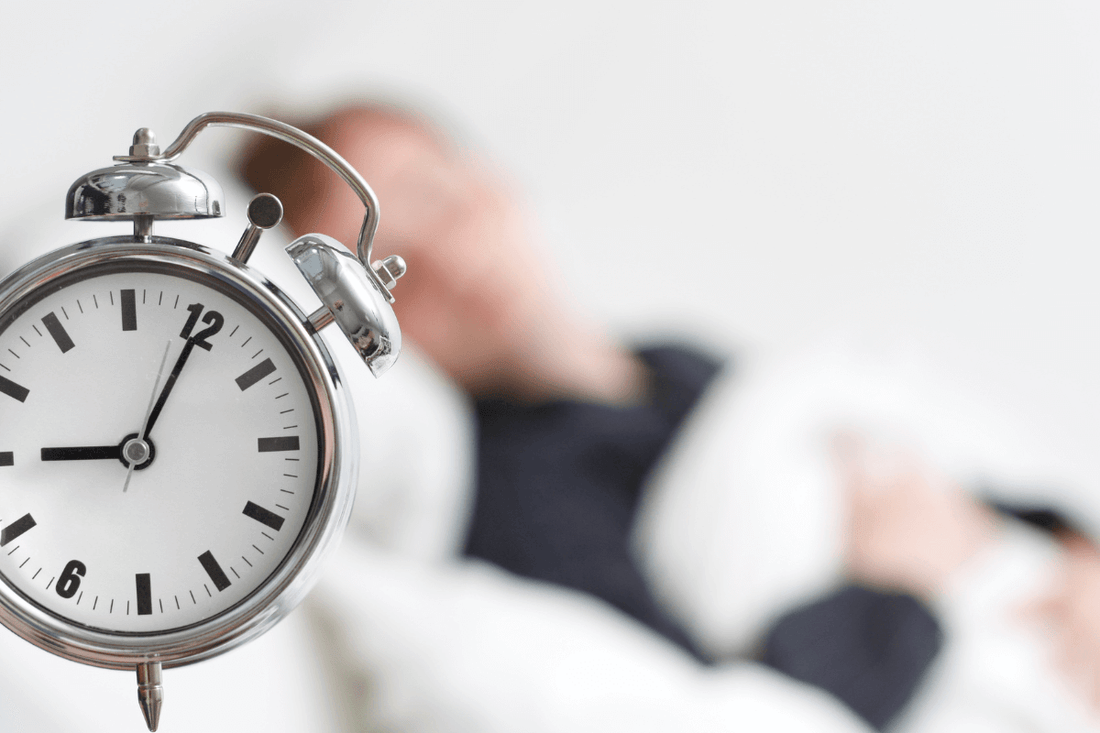The fascinating links between good sleep and great skin

Poor sleep can be shown on the skin. A good night’s sleep is integral to health for the whole body, including that of the skin. Poor sleep can lead to a range of problems with the skin including swollen skin around the eyes, dark circles around the eyes, fine lines & wrinkles, pale skin and sagging of the corners of the mouth. One study found that poorer sleep quality is associated with increased signs of ageing, decreased skin barrier function and a lower satisfaction with appearance.
What happens during sleep?
Sleep is the body’s time of rest, restoring, healing and repair, including of the skin. When sleep time is shortened, so is this time of healing and restoration. Blood flow to the skin increases, and any damage that occurred during the day from injuries, environmental pollinates and sun damages starts to heal. This time during sleep is essential for the maintenance of collagen which ultimately supports skin bounce, flexibility and a reduction in wrinkles.
How to get the best sleep for healthy supple skin
Take magnesium
Magnesium typically isn’t consumed enough in modern diets. Magnesium is wonderful for the skin in a few ways. It supports good quality sleep by supporting the production of GABA, a neurotransmitter that helps the body and mind to relax. Magnesium also supports the skins natural production of hyaluronic acid, the natural moisturisation agent. Finally, magnesium supports the production of serotonin, the happy hormone which converts into melatonin the sleep hormone.
Use a silk pillowcase
Silk pillowcases are excellent for the skin. The soft fabric does not encourage the formation of wrinkles the way that cotton does.
Sleep on your back
Sleeping on your back avoids the crinkling of your skin against the bedding. You will notice that most people have slightly more wrinkles on one side of their face than the other – this is pretty much guaranteed to be the side that they sleep on.
Take collagen at night
Taking a collagen supplementation before bed allows your body to incorporate it into your skin while you sleep.
Keep to a routine
Keeping a strict sleep routine is an integral part of better sleep quality. Your body gets into a rhythm and starts to produce sleep hormones in anticipation for you to sleep, which ultimately leads to better sleep and better skin.
Get enough sleep
It really is important to get enough sleep. The daily recommended sleep time is 7-9 hours, yet it really depends on you as an individual. If you feel tired, sleep more. If you struggle with sleep, you may need to investigate any stressors in your life that make sleep more difficult and work on your relaxation techniques before bed, such as medication, a massage, or a hot bath.
Exercise daily
Not only is exercise excellent for the skin as sweating pushes out toxins and clears pores, but exercise also increases sleep quality. Aim for at least 30 minutes of heart raising exercise daily.
Wash your face before bed
This is essential to ensure that the days dirt and pollution don’t get a change to sink into your pores and cause problems with acne, irritation, infections and large pores.
Moisturise before bed
Skin can become dry overnight, so using a good quality moisturiser is recommended. If you can, use an all-natural moisturiser, as the increased blood flow at night may mean you are absorbing more of what you put on your skin.
Sleep with your head raised
Sleeping with your head raised may help to avoid pooling of blood and the formation of dark circles and bags under your eyes.





















